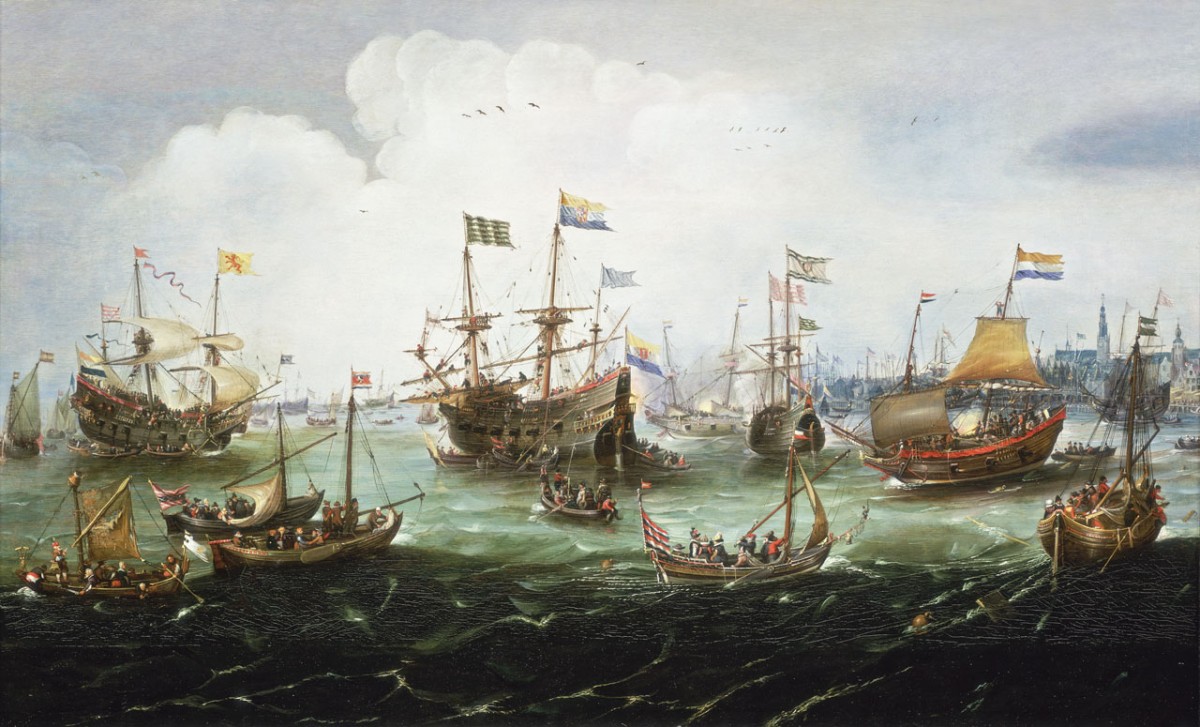SOS: ComAlt, Seminar Pre-Writing Week 2
24 January 2016
Word Count: 246
Passages:
“Just as the incipient industrialization of the United States exploited the muscle power of the immigrant, so, too, did the aspiring domestic household” (Tompkins 2012: 44)
“The location is no accident. In the sixteenth and seventeenth centuries, when the Portuguese (and later the Dutch) colonized India, pepper vines were cultivated in the mountains, and the dried berries were brought down to the port for shipping.” (Newman 2013: 24)
News Media Context:
A Colonial-Era Wound Opens in Namibia
“‘The ideological mainstream is antiwhite,’ Mr. Vogt said. ‘It is very easy to say that it was the white people who stole our land, and it is the white people who have all the wealth, and it is the white people whose kids go to better schools, and it is the white people who have everything while we have nothing.
‘This is a very simple statement,’ he continued, ‘and I understand it fully, because the people of Africa, the majority, are of simple mind.’”
https://www.nytimes.com/2017/01/21/world/africa/a-colonial-era-wound-opens-in-namibia.html?ref=world
Discussion:
Whether it be a colonizing force, or white nativist ideology, a theme that I found in this week’s readings of Racial Indigestion and The Secret Financial Life of Food was that of otherness used as a legitimation for exploitation.
Similar to the psychological justifications we use to discern what animals are for killing and eating rather than domesticating and nurturing, I’ve found that humans have rationalized a system of defining who is exploited along all stages of the food production chain, and who benefits from that abuse.
What I realized in analyzing the instances of this exploitation described in the texts was that we live in a very interesting moment regarding global human history. The past and future ugliness of globalization are simultaneously represented in our present, and our current global food system is no exception to that. The American white man reaps the rewards of lingering effects of colonization, such as the economically beneficial theft of natural resources belonging to the native people’s land, including food and fresh water. But he also benefits from the oppression and cheap labor of our immigrants, a global migration trend that doesn’t seem to be slowing down anytime soon.
The idea of people with differing colors and cultures than our own being less human or civilized has led to the moral loophole of inequality, oppression, and exploitation that we have seen in the history of food commodification, and that we will continue to see in our future food chain.
Citations:
Newman, Kara. (2013). The Secret Financial Life of Food: From Commodities Markets to Supermarkets. New York: Columbia University Press.
Onishijan, Norimitsu. (2017 January, 21). A Colonial-Era Wound Opens in Namibia. Retrieved from https://www.nytimes.com/2017/01/21/world/africa/a-colonial-era-wound-opens-in-namibia.html?ref=world
Tompkins, Kyla Wazana. (2012). Racial Indigestion: Eating Bodies in the 19th Century. NewYork: New York University Press.

Leave a Reply